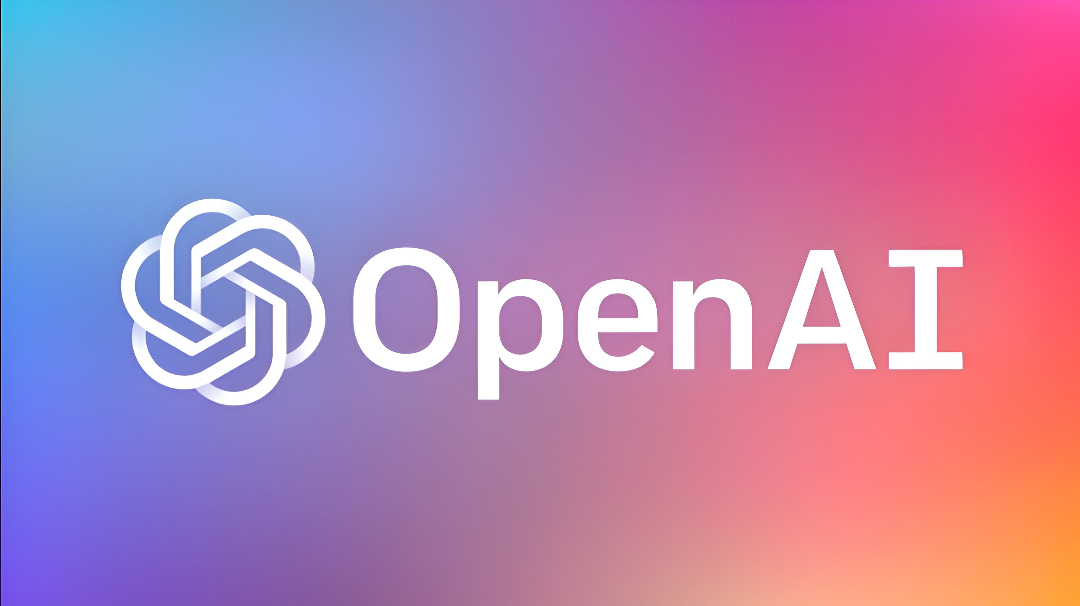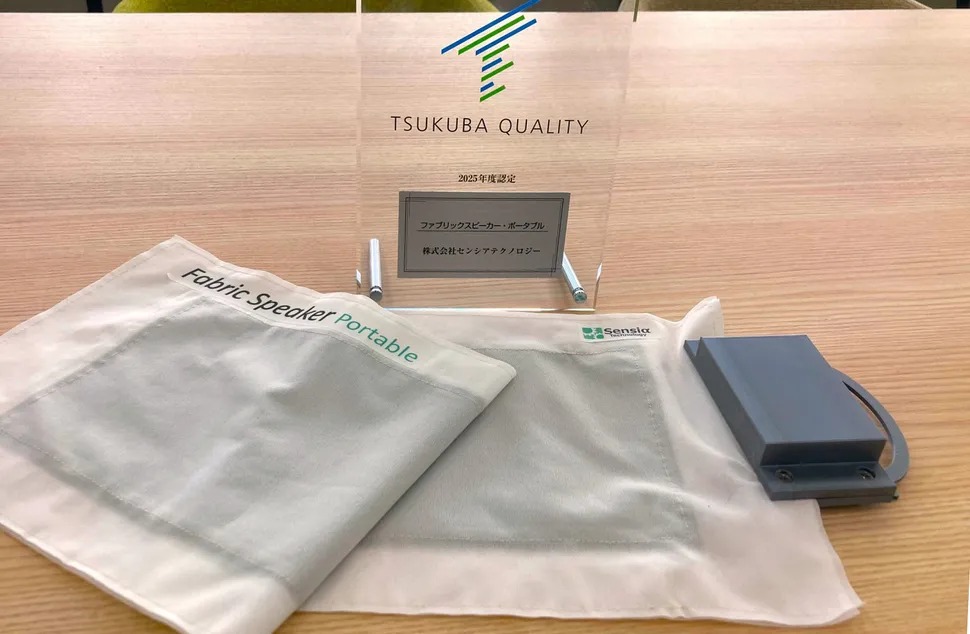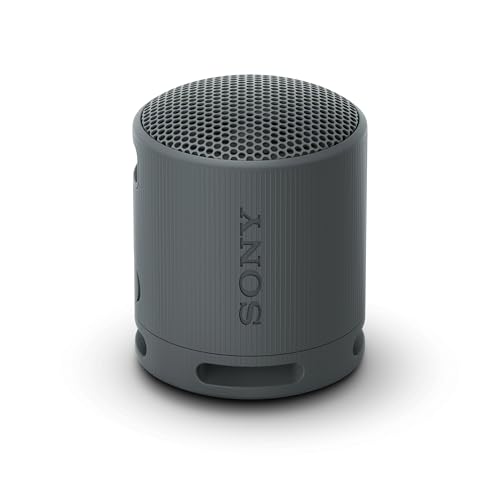Remember when Firefox was the cool alternative and Chrome was the speedy newcomer? Those browser wars feel like ancient history compared to what’s happening now. OpenAI—the company behind ChatGPT—just made its most audacious move yet during the Google antitrust trial.
During testimony in U.S. District Court, OpenAI’s head of product for ChatGPT, Nick Turley, confirmed their interest when asked if they would purchase Chrome: “Yes, we would, as would many other parties,” according to reports from Bloomberg. It’s the gateway to the internet for approximately 65% of everyone online. (You know how it feels when Chrome crashes and suddenly you’ve lost your digital existence? That’s power.)
The timing couldn’t be more significant. U.S. District Judge Amit Mehta has already ruled that Google illegally maintains a search monopoly, with the current phase determining what remedies to implement. Chrome’s divestiture sits high on the Department of Justice’s list of requested remedies.
AI’s Browser Revolution
For users accustomed to typing keywords into search bars, an OpenAI-owned Chrome represents a potential fundamental shift in how we navigate online. The browser could transform from passive window to active assistant.
Imagine asking your browser to find furniture options within your budget, and watching as it autonomously visits multiple sites, compares options, and presents a curated list—no search results page required. The browser becomes the search engine.
Microsoft has tried for years to make Edge gain traction despite technical improvements and Windows integration. Acquiring Chrome would solve this distribution problem overnight for OpenAI’s Microsoft-backed technology.
Your Digital Future, Reimagined
The stakes extend beyond corporate strategy. This potential acquisition sits at the intersection of two pivotal tech transitions: the evolution of search and the mainstreaming of AI as our digital intermediary.
Chrome’s massive install base—reported by analytics firms at over 3.45 billion users in 2025—offers what every AI company needs: a direct path to users without requiring them to download anything new or change established habits. It’s like buying the highway instead of trying to convince drivers to take your scenic route.
Google hasn’t been sitting idle. The company has been integrating its Gemini AI across its product ecosystem, recognizing the potential challenges to traditional search. In response to the DOJ’s proposed remedies, Lee-Anne Mulholland, Google’s head of regulatory affairs, stated in a blog post that the government’s recommendations “would harm American consumers, the economy, and the nation’s technological leadership.”
The DOJ has identified Chrome as the starting point for 35% of user search queries, central to their antitrust case. Meanwhile, OpenAI has been building its browser expertise, hiring former Google engineers Ben Goodger and Darin Fisher, who helped create Chrome originally.
For everyday users, the outcome of this corporate battle determines whether AI becomes a layer we occasionally activate or the primary lens through which we experience digital information, potentially the most significant shift in internet usage patterns since smartphones replaced desktops as our main portal online.
As the antitrust remedy phase continues, tech’s tectonic plates are shifting. The browser that simply took you where you wanted to go might soon become the AI companion that anticipates where you need to be.





























